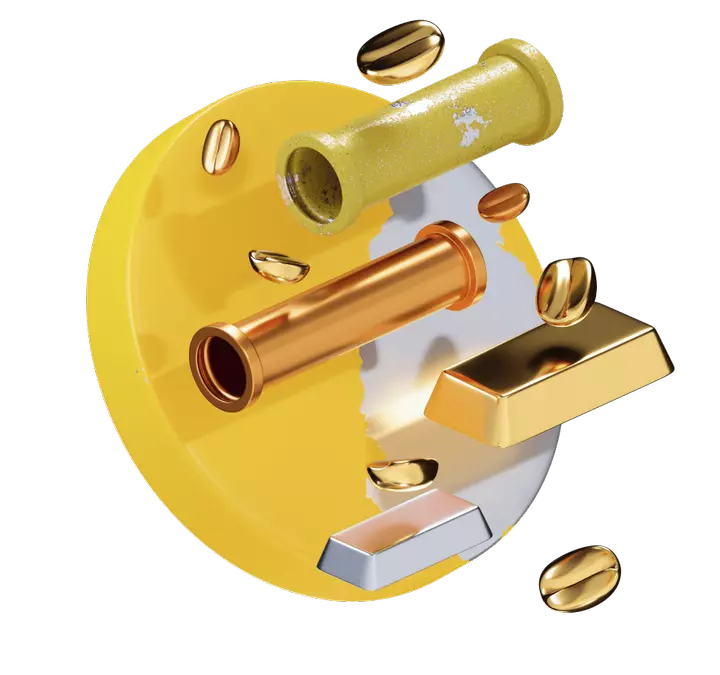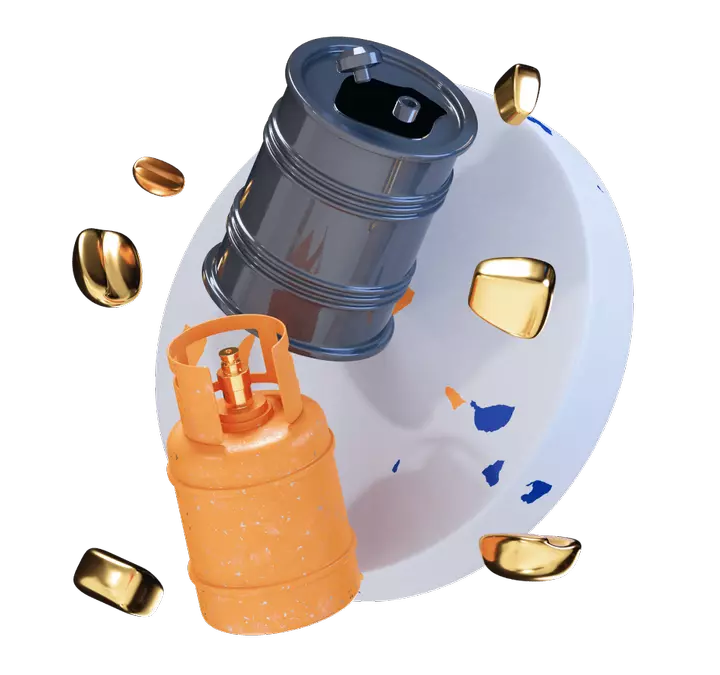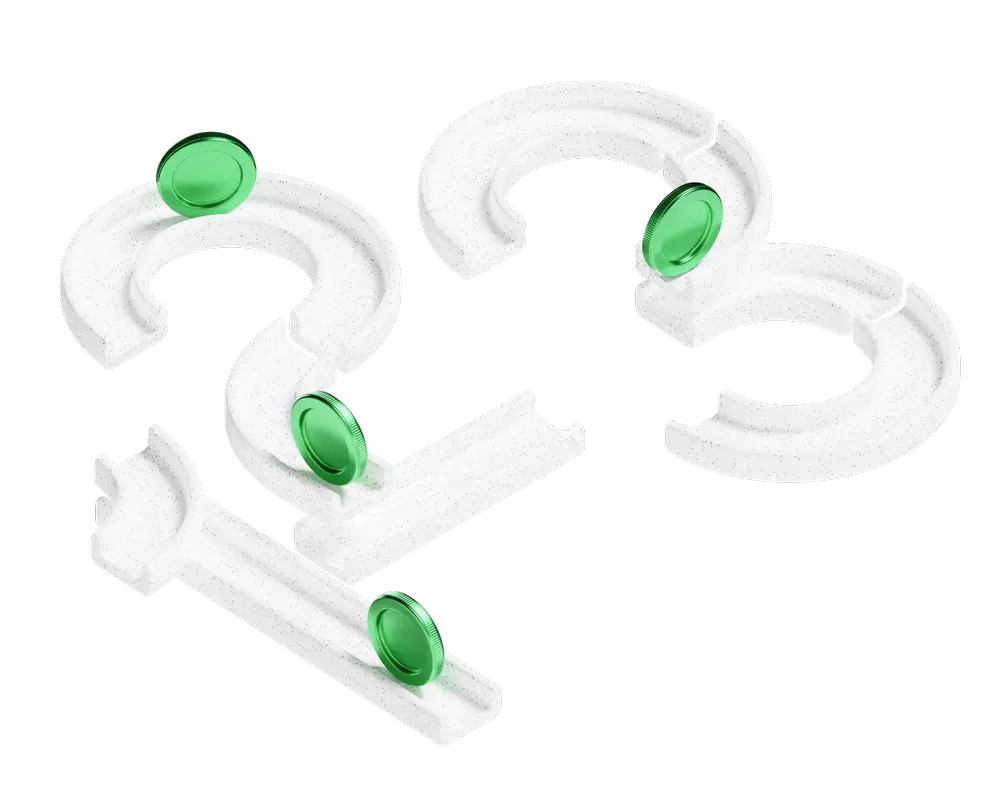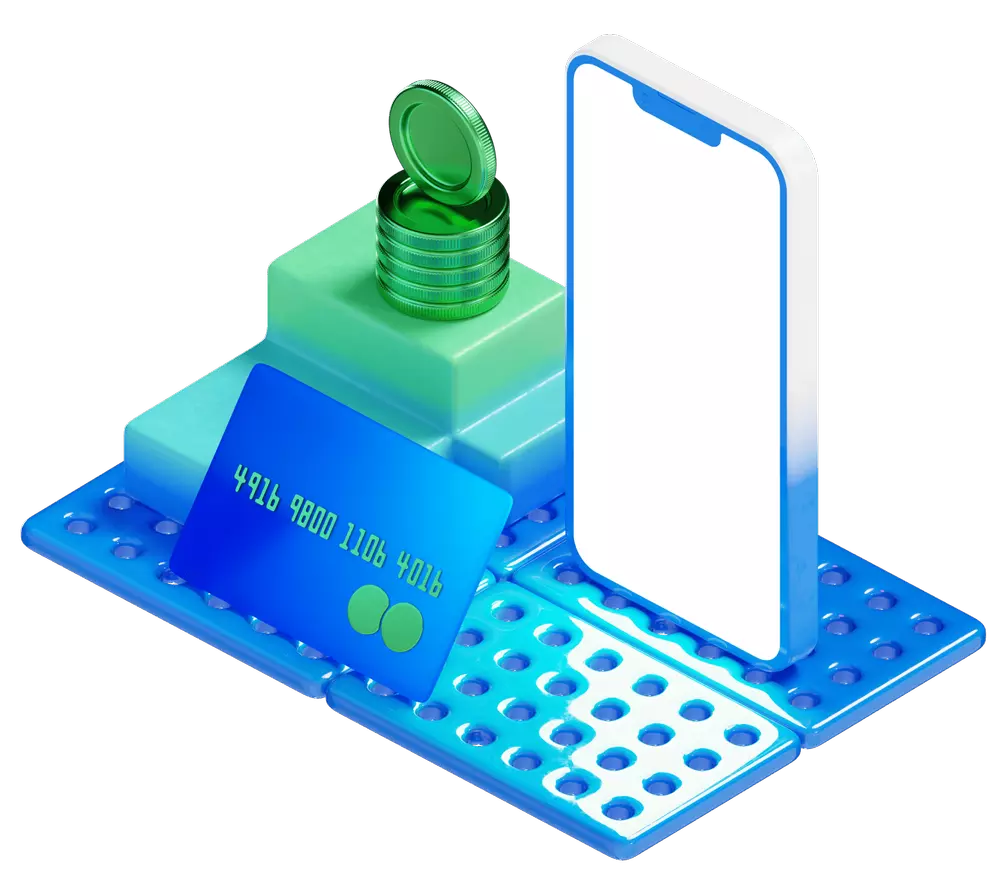Popular Commodity CFDs
Past performance is not a reliable indicator of future results.
Commodity Markets Traded
Trade our available CFDs on Commodities online from a single trading account.
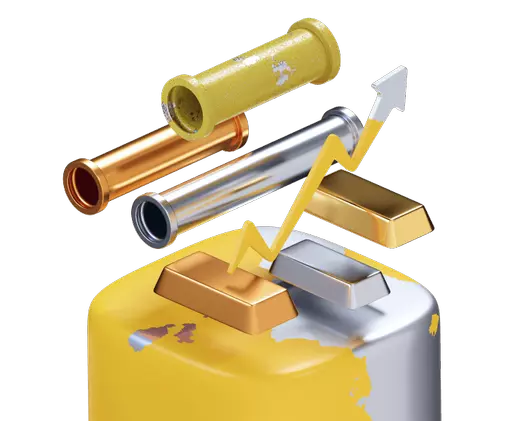


Other popular commodities
Our commodity CFDs offer includes a wide selection of strategic energy, agriculture and metals products.
Why Admirals?
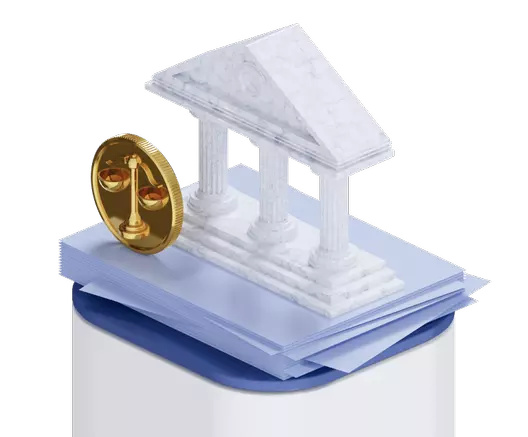
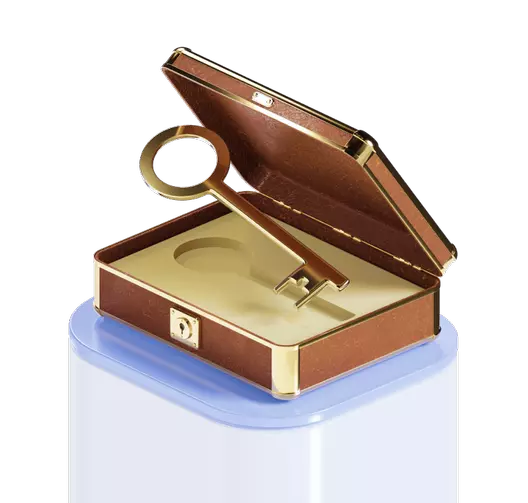

Easy as 1-2-3
Follow these simple steps to register for a trading account today:
Frequently Asked Questions
Explore the most common questions about commodities asked by our clients.
Commodities are raw materials or agricultural products, which tend to be used as the “building blocks” for other goods and services, although can also be used as goods themselves. Therefore, the word “commodity” can be used to refer to a wide range of goods, such as sugar, coffee, gold, silver and crude oil.
These basic goods tend to be interchangeable with other commodities of the same type and quality, a characteristic known as fungibility.In other words, there is little differentiation between commodities of the same type regardless of its producer, provided they are of the same quality. For example, a bag of sugar is essentially the same product, whether it is produced in Brazil or India.
Physical commodities can be bought and sold on commodity exchanges, but they can also be traded using financial derivative products, such as Contracts for Difference (CFDs).
Contracts for Difference (CFDs) are a financial derivative product which can be used to speculate on the prices of a wide variety of assets, including commodities.
One of the problems associated with buying and selling physical commodities is the fact that, to do so, you will need to take ownership of, or deliver, the physical good. Naturally, this presents certain logistical challenges, such as transportation and storage.
On the other hand, commodity CFDs allow traders and investors to speculate on the price of commodities without ever having to take ownership of, or deliver, the underlying commodity.Instead, traders and investors enter into a contract agreeing to exchange the difference in price of a commodity between when the contract is opened and when it is voluntarily closed by the trader or investor, the difference being settled in cash.Furthermore, CFDs benefit from the use of leverage, meaning that traders and investors can access larger position sizes with a lower deposit.
Traders should know that commodity CFDs are high risk financial instruments and that trading may involve significant risks.
With commodity CFDs, traders and investors can build their strategy based on both rising and falling prices in the commodity of their choice. At Admirals, we offer the ability to trade commodity CFDs on many of the world’s most popular commodities, including crude oil, natural gas, gold and many others!
In addition to commodities, with Admirals, traders and investors also have the option of trading thousands of other CFDs on a range of assets, including cryptocurrencies, Forex, stocks and many more.Simply register for a Trade.MT5 account in order to start trading commodity CFDs.
The best commodities to trade will depend largely on the trader in question, in particular their trading style and their knowledge of commodities.
As with any freely traded asset, the price of a commodity is determined by the balance of global supply and demand, changes in either of which will inevitably result in a change in the price of the commodity in question.Therefore, traders and investors may prefer to trade commodities that they are familiar with in terms of financial knowledge as this can help anticipate changes in supply and demand, and, consequently, price.
Like CFDs, futures contracts are a type of derivative product, although they work in a very different way. A commodity futures contract is a binding agreement, in which two parties agree to exchange an underlying commodity at a predetermined price on a fixed date in the future.
Commodity futures can be bought and sold on futures exchanges, meaning that, like CFDs, traders and investors can use them to speculate on the prices of commodities without taking ownership of, or delivering, the underlying asset.Therefore, traders and investors may prefer to trade commodities that they are familiar with in terms of financial knowledge as this can help anticipate changes in supply and demand, and, consequently, price.
At Admirals, as well as offering CFDs on a wide range of commodities, we also offer the ability to trade CFDs on a number of commodity futures contracts.
Read more about Commodities
Commodities are basic goods - either raw materials or agricultural products - which can be used as goods in their own right or as inputs in the production of other products.Therefore, the term commodity is used to refer to a very wide range of goods, many of which you will have heard of, but possibly never labelled as such.
Commodities are often categorised as either soft commodities or hard commodities.Soft commodities include agricultural products and livestock, such as sugar, coffee and cattle. Hard commodities, on the other hand, are either mined or extracted, such as gold, oil and natural gas.
There are many different options available for investing in commodities. Of course, one option would be investing in commodities directly, by purchasing the physical good.However, this presents several logistical issues, not least of all storage.
Alternatively, it`s possible to gain exposure to commodities using other financial products such as stocks, ETFs, futures contracts and options contracts. Each of these different methods of investing in commodities has its own list of advantages and disadvantages that investors should take into consideration.Each of these different methods of investing in commodities has its own list of advantages and disadvantages to traders and investors.
In order to start trading in the commodity market, you will firstly need to find a commodities broker which allows you to gain exposure to the commodity of your choice using one or more of the financial instruments listed above.
With Admirals, you can gain exposure to commodities using stocks, ETFs and CFDs.
The Trade.MT5 account from Admirals allows traders to speculate on the price of some of the world’s top commodities by using CFDs.CFDs allow traders to attempt to profit from both rising and falling prices, without ever having to take ownership of, or deliver, the underlying commodity.
When trading the top commodities using CFDs, traders should take into consideration leverage. Leverage allows traders to access larger position sizes with a smaller deposit. Whilst this can magnify potential gains, it also has the same magnifying effect on losses and must therefore be used with caution.
Furthermore - unlike other financial derivative products, such as options and futures, which often have large minimum contract sizes – CFDs usually allow traders to choose comparatively smaller contract sizes and, in doing so, lets traders gain exposure to commodities on their own terms.
However, traders should know that trading involves risks as CDFs are considered high risk financial instruments.
Generally speaking, the top commodities are the commodities which are the most heavily bought and sold around the world.These top commodities include crude oil, natural gas, gold, silver and many others.
In order to find out which of these commodities you can trade with Admirals, head over to our Contract Specification page.
As well as commodity CFDs, Admirals’ clients can use both stocks and ETFs to gain exposure to a number of different commodities.ETFs are a type of fund which hold a variety of assets with the goal of tracking an underlying index, commodity or industry.
ETFs are bought and sold throughout the trading day on exchanges, in exactly the same manner as regular stocks.
Commodities ETFs tend to be quite varied in their approach. For example, commodities ETFs may be designed to track the value of a commodity itself - in which case it may invest in the physical commodity or buy shares in companies which operate in this sector.
Alternatively, commodity ETFs may track a specific index which is composed of companies operating in an industry related to a particular commodity. ETFs and, therefore, commodities ETFs is one of the options that could enable investors and traders to gain diversification to a range of assets with a single investment.

